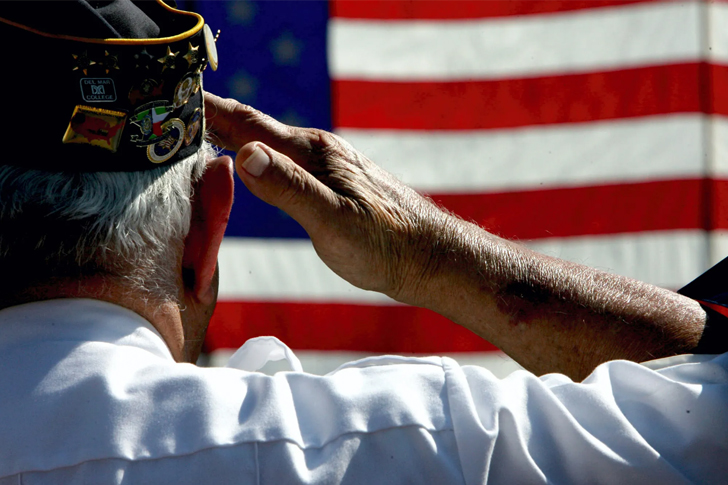Opportunities for Seniors in the Military with Competitive Bonuses
In recent years, the United States military has recognized the value of experience and maturity in its ranks, especially in specialized roles that require leadership, extensive technical skills, or critical thinking. As a result, there are increasing opportunities for seniors in the military, including competitive bonuses and other incentives aimed at attracting candidates who might not fit the traditional age bracket of military recruits. This article explores the opportunities available for seniors in the military, the benefits they offer, and the roles that are particularly suited to older recruits.

Understanding the Age Limits and Requirements
Traditionally, the military has set strict age limits for enlistment; for instance, the Army generally requires enlistees to be between 17 and 34 years old. However, each branch of the military has different age maximums, and exceptions are often made, particularly for roles in need of specific skills or expertise. For seniors, the key to entering the military is typically found in the reserves or National Guard. These branches are more flexible regarding age limits and are actively seeking individuals with substantial professional experience or specialized skills.
Roles Suited to Senior Enlistees
Seniors are particularly valued for positions such as medical professionals, chaplains, or legal specialists. In these roles, the wealth of experience and maturity can be a significant asset. For instance, military physicians or nurses can enter the service later in life compared to their non-medical counterparts due to their specialized knowledge and the critical need for healthcare professionals within the military. Chaplains, who provide spiritual support and counseling, also have higher age limits given the extensive education and pastoral experience required before enlistment.
Competitive Bonuses and Incentives
To attract seasoned professionals into these critical roles, the military offers competitive bonuses and incentives. For instance, medical professionals can receive signing bonuses of up to $250,000 depending on their qualifications and the branch of service. Similarly, chaplains may be eligible for bonuses and additional benefits depending on their denomination and the needs of the service. The bonuses are designed not only to recruit but also to retain expertise within the forces, recognizing that seniors can offer a level of insight and stability that is highly valuable in military settings.
Training and Physical Requirements
One concern for seniors considering military service might be the physical and basic training requirements. It’s important to note that the military has adapted training programs for older recruits, recognizing that physical capabilities vary. While all recruits must meet certain physical standards, there are alternative regimens and adjusted expectations based on age and capabilities. This approach ensures that all servicemen and women are combat-ready while acknowledging the diverse abilities of recruits of different ages.
Benefits Beyond Bonuses
The advantages of joining the military as a senior go beyond financial incentives. Healthcare, retirement plans, and the camaraderie found within military communities are significant draws. Furthermore, seniors bring a unique perspective that can enhance team dynamics, leadership development, and decision-making processes, enriching the military’s overall effectiveness. Additionally, there are numerous travel opportunities, continuing education programs, and professional growth options that might be appealing to someone looking to enrich their later years with new experiences and challenges.
The Impact of Seniors on Military Culture
Seniors in the military also play a crucial role in mentoring younger servicemen and women. Their life experiences and professional backgrounds make them excellent teachers and role models. As the military continually adapts to new technologies and complex global situations, the wisdom and perspective that senior members bring can be a stabilizing force. This integration not only benefits the individual teams but also strengthens the overall strategic capabilities of the military.
Conclusion
In conclusion, the opportunities for seniors in the military are both significant and meaningful. With competitive bonuses, flexible roles, and a respected position within the service, older recruits can find a rewarding second career within the military. Whether in direct combat roles or in essential supportive positions, their contributions are acknowledged and appreciated across the military community. For those looking to serve their country while also seeking new challenges and rewards in their senior years, the military presents a valuable and viable option.
This exploration of senior roles in the military highlights a larger trend of valuing diversity and experience in fields traditionally dominated by younger individuals. It represents a progressive shift in recognizing the potential that senior professionals can bring to dynamic and critical roles within our society.







Recent Comments